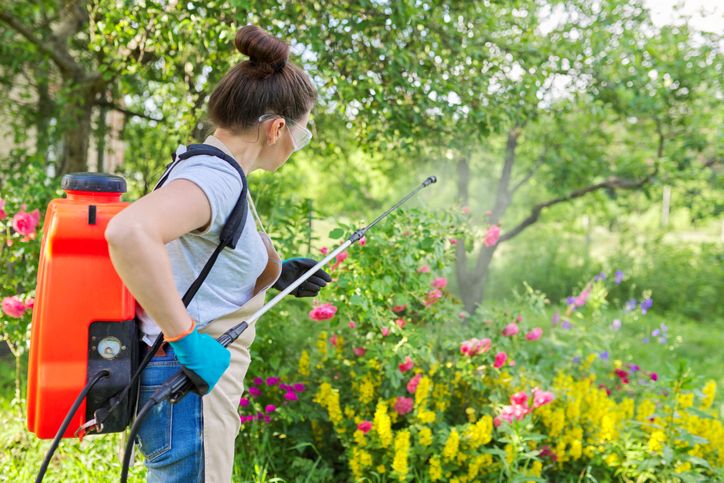Data Snapshot is a regular AFN feature in which we analyze agrifoodtech market investment data provided by our parent company, AgFunder.
Click here for more research from AgFunder and sign up to our newsletters to receive alerts about new research reports.
Startups developing biological inputs for crops raised just over $892 million worldwide last year, according to preliminary data from AgFunder.
That’s well over double their total funding haul for the previous year – indicating just how much interest in the space has grown.
Please note that this is an upward revision of AgFunder figures first quoted by Reuters earlier this month. Our data are adjusted using a model of how they will appear 12 months into the future based on historical trends, to take predicted reporting lags into account. As such, they may differ from earlier published versions of the same data.
Below, we list the top 15 biologicals funding deals from 2021, by US dollar amount raised.
We have included all private ventures working on a variety of biological crop inputs, including:
-
- Biofertilizers
- Biopesticides
- Biofungicides
- Biostimulants
- Other biological controls
Top 15 biological inputs deals, FY2021
| Company | Country | Amount raised | Stage | Deal date | |
| Pivot Bio | US | $430 million | D | Jul | |
| AgBiome | US | $116 million | D | Sept | |
| Anuvia Plant Nutrients | US | $103 million | C | Feb | |
| Invaio Sciences | US | $88.9 million | C | May | |
| Invaio Sciences | US | $50 million | Debt | Oct | |
| Vestaron Corporation | US | $18.3 million | B | Feb | |
| BioPhero | Denmark | $16.8 million | A | Mar | |
| Gaiago | France | $15.4 million | A | Jul | |
| Groundwork BioAg | Israel | $11 million | A | May | |
| Micropep Technologies | France | $10.1 million | A | Aug | |
| Kula Bio | US | $10 million | Seed | May | |
| Provivi | US | $10 million | C | Feb | |
| AgroSustain | Switzerland | $5.19 million | A | Jul | |
| Lucent BioSciences | Canada | $4.2 million | Seed | Nov | |
| BigSIS | UK | $2.05 million | Seed | Oct | |
By geography, of the top 15 deals:
-
-
- Eight (53%) involved companies headquartered in the US.
- France is second-placed with two deals (13%).
- Canada, Denmark, Israel, Switzerland, and the UK played host to one deal each.
-
By far the biggest deal in the biologicals space last year — and among the top 20 in agrifoodtech overall — was Pivot Bio‘s $430 million Series D round in July, which was co-led by DCVC and Temasek.
Pivot Bio is one of several startups offering an alternative to conventional nitrogen-based fertilizers by ‘programming’ microbes in the soil so that they produce more of the element in situ.
Another company on the above list working on a similar solution is Kula Bio, which leverages the nitrogen-storing bacteria Xanthobacter autotrophicus. It raised $10 million in seed funding in May [disclosure: AgFunder is an investor in Kula Bio.]
Second-placed AgBiome is focused on pest and disease control: it screens the natural world for microbes which might be suitable for such purposes — its initial products are fungicides — and it scored $116 million for its September Series D round.
Chemical prices through the roof
There are two main drivers behind this explosion of investor interest in biological inputs.
On the one hand, there’s the combination of environmental, regulatory, and consumer pressures pushing the agricultural industry away from excessive use of, and reliance on, chemical inputs.
Synthetic, chemical-based fertilizers and pesticides are typically sprayed imprecisely onto fields. Excess amounts leach into the surrounding environment, and can oxidize, contributing to greenhouse gas emissions.
Biological alternatives, it is argued, are more targeted in their action and have less of a negative impact on their surroundings.
The second major driver comes from the market. Partly due to Covid-19 supply chain disruptions, the prices of various chemicals are going through the roof.
This is particularly the case when it comes to synthetic nitrogenous fertilizers, which are mostly produced from raw materials like ammonia and urea. The prices of these commodities soared during 2021 and into the early part of this year, hitting multi-year highs in some cases.
Herbicide and pesticide prices are also on a rapid upward trend.





